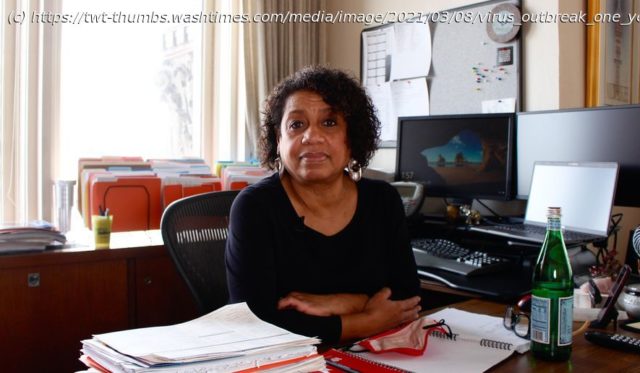The first person Kimberly Montgomery lost to COVID-19 was her aunt. She had trouble breathing, so her daughter dropped her off at the emergency …
The first person Kimberly Montgomery lost to COVID-19 was her aunt. She had trouble breathing, so her daughter dropped her off at the emergency room. It was the last time her daughter saw her alive. Then, one after another,14 other people in Montgomery’s world — family members, friends, friends who were like family — succumbed to the same disease. There was the retired police officer who was an usher and deacon at her church. A friend’s brother who was a restaurant cook. A close friend who was a nurse caring for virus patients in Atlanta. A cousin who came home from the hospital after 12 days thinking she was getting better, but didn’t. An artist and drummer for an African dance company. It was an unimaginable string of losses in the year since COVID-19 was declared a pandemic, and all but one of those who died was Black, like Montgomery. “I don’t know if I ever will… process all of them,” said Montgomery,59. She added: “The shock factor, it never wears off. But it tempers.” Nationwide, Black people represent about 12 percent of the population, but they account for nearly 15 percent of all coronavirus deaths of known race, according to the APM Research Lab, which is tracking mortality from the disease.






